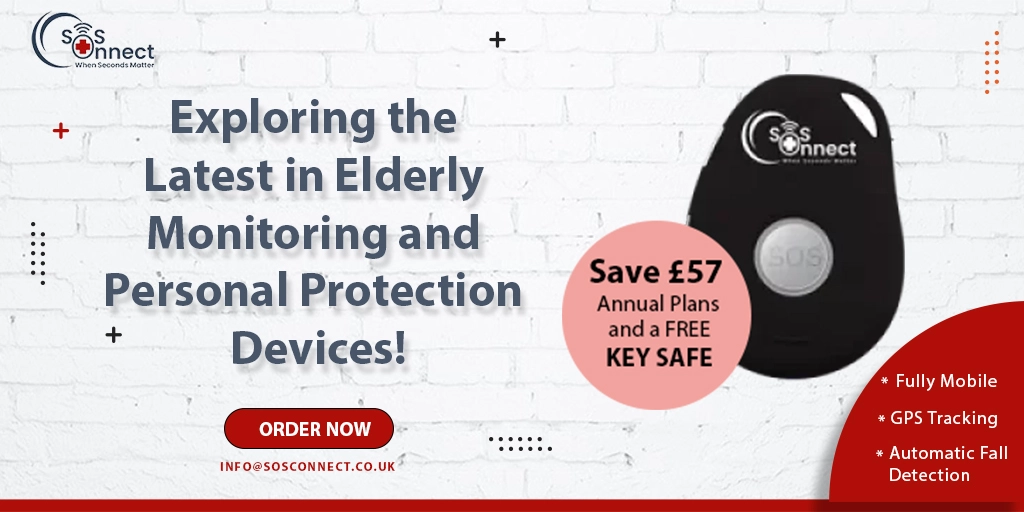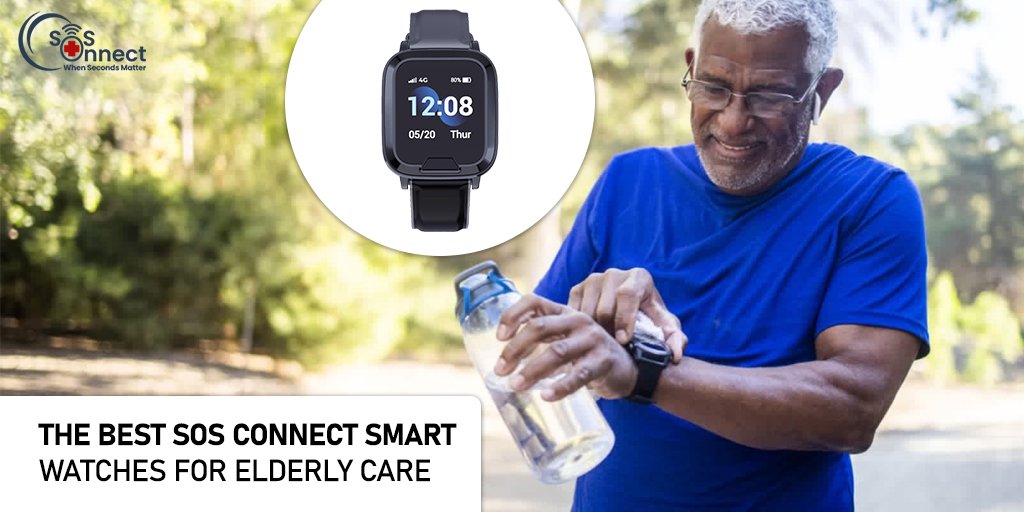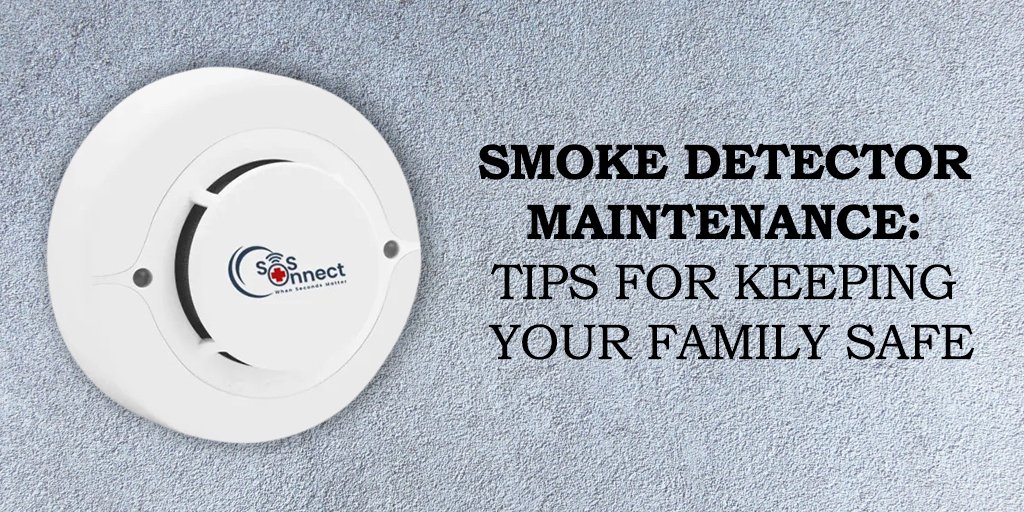As our loved ones age, ensuring their safety and well-being becomes a top priority. Fortunately, advancements in technology have led to the development of innovative elderly monitoring and personal protection devices that provide peace of mind for both seniors and their caregivers.
Types of Monitoring Devices
Wearable Devices
Wearable devices are designed to be worn by seniors and come in various forms, such as smartwatches, pendants, and bracelets. These devices often feature fall detection sensors, GPS tracking, and health monitoring capabilities.
Home Monitoring Systems
Home monitoring systems utilize sensors placed throughout the home to track the movements and activities of the elderly individual. These systems can detect falls, monitor sleep patterns, and even alert caregivers in the event of an emergency.
Features to Look for in Elderly Monitoring Devices
When selecting an elderly monitoring device, it’s essential to consider the features that will best meet the needs of the senior in question. Key features to look for include:
Fall Detection
Fall detection technology is crucial for elderly individuals who may be at risk of falls. These devices use sensors to detect sudden changes in movement and can automatically alert caregivers or emergency services if a fall occurs.
GPS Tracking
GPS tracking allows caregivers to locate their loved ones in real-time, providing added peace of mind, especially for seniors with dementia or Alzheimer’s disease who may wander and become lost.
Health Monitoring
Many elderly monitoring devices also offer health monitoring features, such as heart rate monitoring, blood pressure monitoring, and medication reminders. These features help seniors manage their health more effectively and allow caregivers to track any changes or abnormalities.
Benefits of Using Elderly Monitoring Devices
The use of elderly monitoring devices offers numerous benefits for both seniors and their caregivers.
Peace of Mind for Caregivers
Elderly monitoring devices provide caregivers with peace of mind, knowing that they can quickly respond to emergencies or check on their loved ones’ well-being, even when they’re not physically present.
Independence for Seniors
These devices allow seniors to maintain their independence and age in place safely. By providing assistance when needed and alerting caregivers to potential issues, elderly monitoring devices enable seniors to remain in their own homes for longer.
Challenges and Concerns
While elderly monitoring devices offer many benefits, there are also challenges and concerns to consider.
Privacy Issues
Privacy is a significant concern when it comes to monitoring devices, especially those equipped with cameras or microphones. It’s essential to choose devices with robust privacy protections and to have open discussions with seniors about their comfort levels regarding monitoring.
User-Friendliness
Some elderly individuals may find technology intimidating or difficult to use, which can be a barrier to adoption. When selecting a monitoring device, it’s essential to choose one with a user-friendly interface and provide adequate training and support for seniors.
Latest Technological Advancements
Recent advancements in technology have led to significant improvements in elderly monitoring devices.
Artificial Intelligence Integration
Many modern monitoring devices now incorporate artificial intelligence (AI) algorithms to provide more accurate fall detection and health monitoring capabilities.
Smart Home Integration
Integration with smart home technology allows monitoring devices to communicate with other devices in the home, such as smart locks, lights, and thermostats, enhancing overall safety and convenience for seniors.
Popular Elderly Monitoring Devices
Several companies offer elderly monitoring devices with varying features and price points.
-
SOS Connect: UK’s premier personal alarm service for the elderly, vulnerable, and disabled. Our Response Hub operates 24/7, accredited with platinum and gold-standard certifications. Trusted by many, we’re the go-to solution for peace of mind.
-
Life Alert: Perhaps one of the most well-known brands, Life Alert offers wearable devices with fall detection and emergency response services.
-
Medical Guardian: Medical Guardian provides a range of monitoring devices, including smartwatches and in-home systems, with customizable features to meet individual needs.
-
Bay Alarm Medical: Bay Alarm Medical offers affordable monitoring solutions with 24/7 emergency support and optional add-ons like medication reminders and activity tracking.
Cost Considerations
When considering an elderly monitoring device, it’s essential to factor in both the initial cost and any ongoing subscription fees.
Initial Investment
The personal alarms for elderly semi annual fee at £90 devices can vary widely depending on the features included. Basic devices may start at around £18, while more advanced systems with additional sensors and features can cost several hundred pounds or more.
Monthly Subscription Fees
In addition to the initial purchase price, many monitoring devices require a monthly subscription fee for access to emergency response services and other features. These fees typically range from £18 to £21 per month.
User Reviews and Testimonials
Before making a purchase, it’s helpful to read user reviews and testimonials to get an idea of the experiences others have had with different monitoring devices. Look for reviews that mention ease of use, reliability, and customer support.
Future Trends in Elderly Monitoring Technology
Looking ahead, we can expect continued innovation in the field of elderly monitoring technology. Future trends may include:
-
Advanced Health Monitoring: More sophisticated sensors and algorithms for monitoring vital signs and detecting early signs of health issues.
-
Integration with Telehealth Services: Seamless integration with telehealth platforms to enable remote consultations and virtual check-ups.
-
Wearable Technology: Continued advancements in wearable technology, such as smart clothing and implantable devices, for more discreet monitoring.
Conclusion
Elderly monitoring and personal protection devices play a crucial role in ensuring the safety and well-being of seniors aging in place. With features like fall detection, GPS tracking, and health monitoring, these devices provide peace of mind for caregivers and independence for seniors. As technology continues to evolve, we can expect even more innovative solutions to meet the unique needs of an aging population.
FAQs
-
1. What is the average cost of an elderly monitoring device?
The average cost of an elderly monitoring device can vary depending on the features included, ranging from around £18 for basic devices to several hundred pounds for more advanced systems. -
2. Are these devices waterproof?
Many elderly monitoring devices are waterproof or water-resistant, allowing seniors to wear them in the shower or while swimming. -
3. Can elderly monitoring devices be customized for specific health conditions?
Yes, many monitoring devices offer customization options to tailor the features to specific health conditions or needs, such as medication reminders or activity tracking. -
4. How do these devices handle emergency situations?
In the event of an emergency, most monitoring devices have a button that seniors can press to alert emergency services or caregivers. Some devices also feature automatic fall detection and can alert for help if a fall is detected. -
5. Are there any alternatives to wearable monitoring devices?
Yes, in addition to wearable devices, there are also home monitoring systems that use sensors placed throughout the home to track the activities and movements of the elderly individual.





